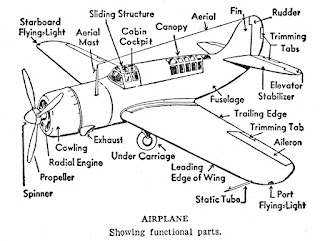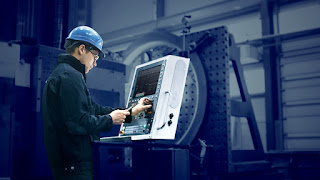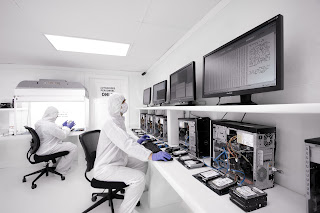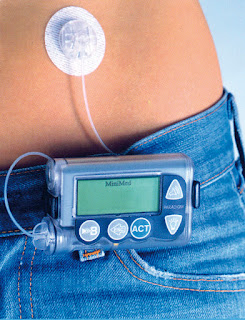Brain Computer Interface monitors brain activity, extract information from it, and translate those data into outputs that replace, repair, augment, supplement, or improve human activities.

Brain Computer Interface (BCI) A Brain Computer Interface (BCI) is a device that measures central nervous system (CNS) activity and converts it into artificial output that replaces, restores, enhances, supplements, or improves natural CNS output, thereby altering the CNS's ongoing interactions with its external or internal environment. Brain Computer Interface (BCI) may be used to replace lost functions like speech and movement. They may help you regain control of your body by activating neurons or muscles that move your hand. BCIs have also been used to enhance functions, such as training users to improve the function of damaged pathways that are essential for grasping. BCIs can also improve function, such as alerting a drowsy driver to get out of the car. Finally, a BCI might act as a complement to the body's natural outputs, such as a third hand. BCIs utilise a variety of approaches to assess brain activity. Electrodes inserted invasively within or on the surface o...


















1.jpg)